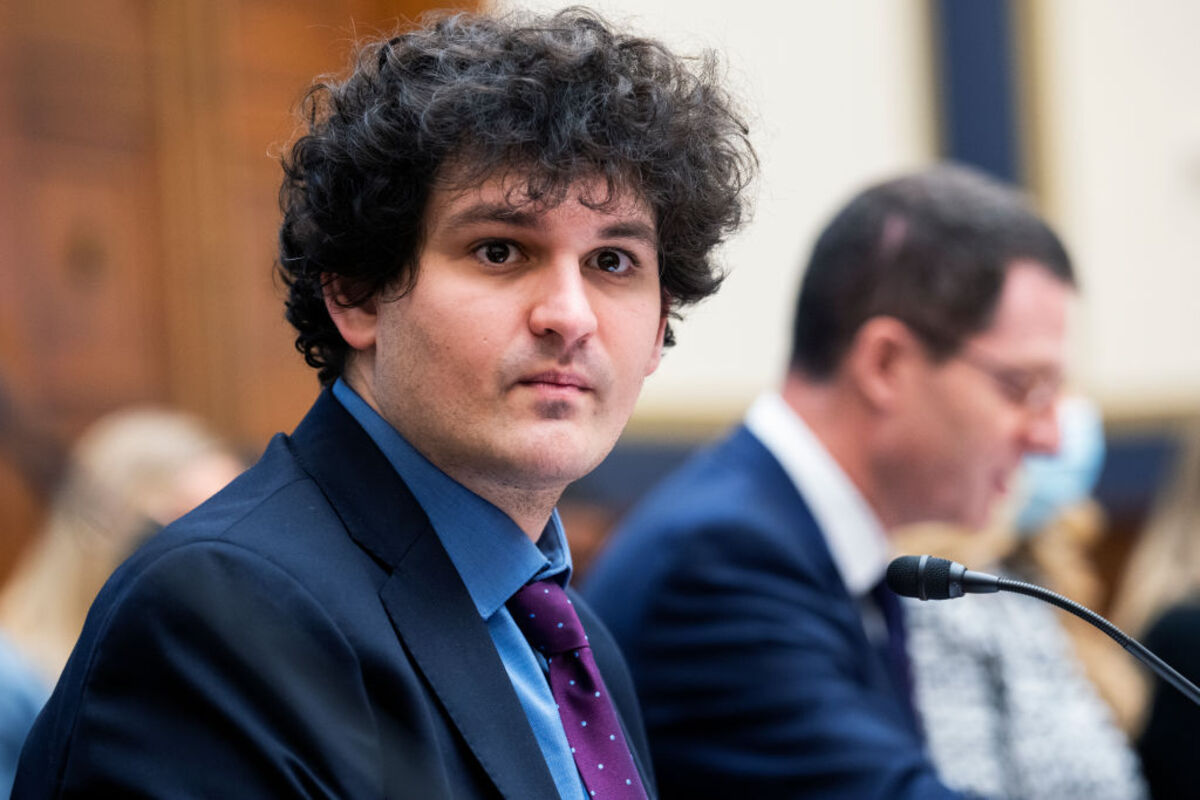Bankman-Fried Fraud Trial: Will Crypto’s Golden Boy Be Exposed as a Fraud?
Eleven months ago, Sam Bankman-Fried was a crypto hero living in the Bahamas. He was in charge of a startup backed by celebrities, and his fans and friends thought he was the real deal. A math genius at MIT A thinker who went his own way instead of following Wall Street A generous person was making money, and he kept saying that he planned to give it all away.
This week, he will stand trial for what federal authorities have called one of the biggest frauds in US history.
Bankman-Fried, also known as SBF, is 31 years old. He has pleaded not guilty to seven counts of theft and conspiracy related to the failure of his crypto-trading website, FTX. He could spend the rest of his life in jail if he is found guilty and given the maximum term.
Here are the most important facts about the case and what we might see at the hearing over the next few weeks.
What are the allegations being made?
The seven counts against SBF include wire fraud and securities fraud.
Prosecutors alleged that SBF misappropriated billions of dollars from FTX customer funds for his own personal use and to cover enormous losses at Alameda Research, a crypto hedge fund he also controlled.
They also allege that SBF defrauded FTX investors by concealing the scheme.
In June, prosecutors decided to drop five additional allegations presented after Bankman-Fried’s extradition from the Bahamas, where FTX was headquartered. In March, a separate trial is scheduled to commence on these allegations.
What is the current status or outcome of FTX?
FTX marketed itself as a simple and secure cryptocurrency trading platform. Similar to a conventional brokerage, it earned money by charging commissions on client trades.
In 2021, as the values of digital assets skyrocketed, so did FTX’s profile. At its zenith, the company was valued at more than $30 billion privately. It emblazoned its name on a Miami basketball arena and secured prominent endorsements from Tom Brady and Larry David, who both appeared in FTX’s Super Bowl advertisements.
In contrast, crypto market turmoil emerged in the spring of 2022, reducing the industry’s value from $3 trillion to $1 trillion.
In November, the foundation of FTX began to exhibit fractures, and within a week, the entire enterprise collapsed.
In response to a report from the cryptocurrency news website Coindesk that raised significant concerns about the financial ties between FTX and Alameda, two ostensibly separate businesses founded by Bankman-Fried, investors and customers began to panic. Based on a document obtained by Coindesk, it appeared that the majority of Alameda’s assets were FTT, a digital token created by FTX that was swiftly losing value, placing Alameda on precarious financial ground.
Customers raced to withdraw funds from FTX, exposing a shortfall of $8 billion.
FTX filed for bankruptcy on November 11, and Bankman-Fried resigned as CEO.
In December, he was detained in the Bahamas on allegations including fraud and conspiracy, and in January he was extradited to the United States.
What is the defensive strategy?
Since his arrest, SBF has repeatedly spoken and written about his perspective on the case: He was an inexperienced businessperson who overstepped his bounds, and he never intentionally committed fraud.
In court documents, his attorneys have indicated that they will invoke a “advice of counsel” defense. In other words, SBF was unaware that his actions were unlawful and was following the advice of FTX’s attorneys.
In personal writings published by the New York Times, Bankman-Fried blamed his ex-girlfriend, Alameda’s CEO Caroline Ellison, for the company’s losses.
In cooperation with prosecutors, Ellison and three other former high-level associates pled guilty.
“SBF’s greatest obstacle will be his former colleagues testifying against him,” said Howard Fischer, a partner at Moses Singer and former senior trial attorney at the Securities and Exchange Commission. In addition, FTX’s new management, led by a restructuring expert who supervised Enron’s liquidation, has been openly hostile to Bankman-Fried.
Fischer stated, “This type of cooperation is a godsend for the prosecution.”
In his lengthy blog posts, tweet threads, TV media appearances, and alleged document disclosures, SBF “has consistently failed to demonstrate an awareness of the gravity of his situation,” according to Fischer.
“Jurors dislike know-it-alls who lack reverence for the procedure… While a defendant in such a case would be well-advised not to testify, it is possible that SBF’s seemingly unshakeable self-assurance will lead him to take that risk.
How lengthy is the trial?
The jury selection process commences on Tuesday, October 3, in federal court in Manhattan. The trial is anticipated to last approximately six weeks.
During this period, SBF will remain in the Metropolitan Detention Center in Brooklyn, where he has been since August 11, when Judge Lewis Kaplan revoked his bond due to SBF’s efforts to intimidate witnesses.
What are the potential consequences of his conviction?
SBF could spend up to 110 years in jail if he is found guilty of all seven crimes and gets the maximum term.
Also Read:







